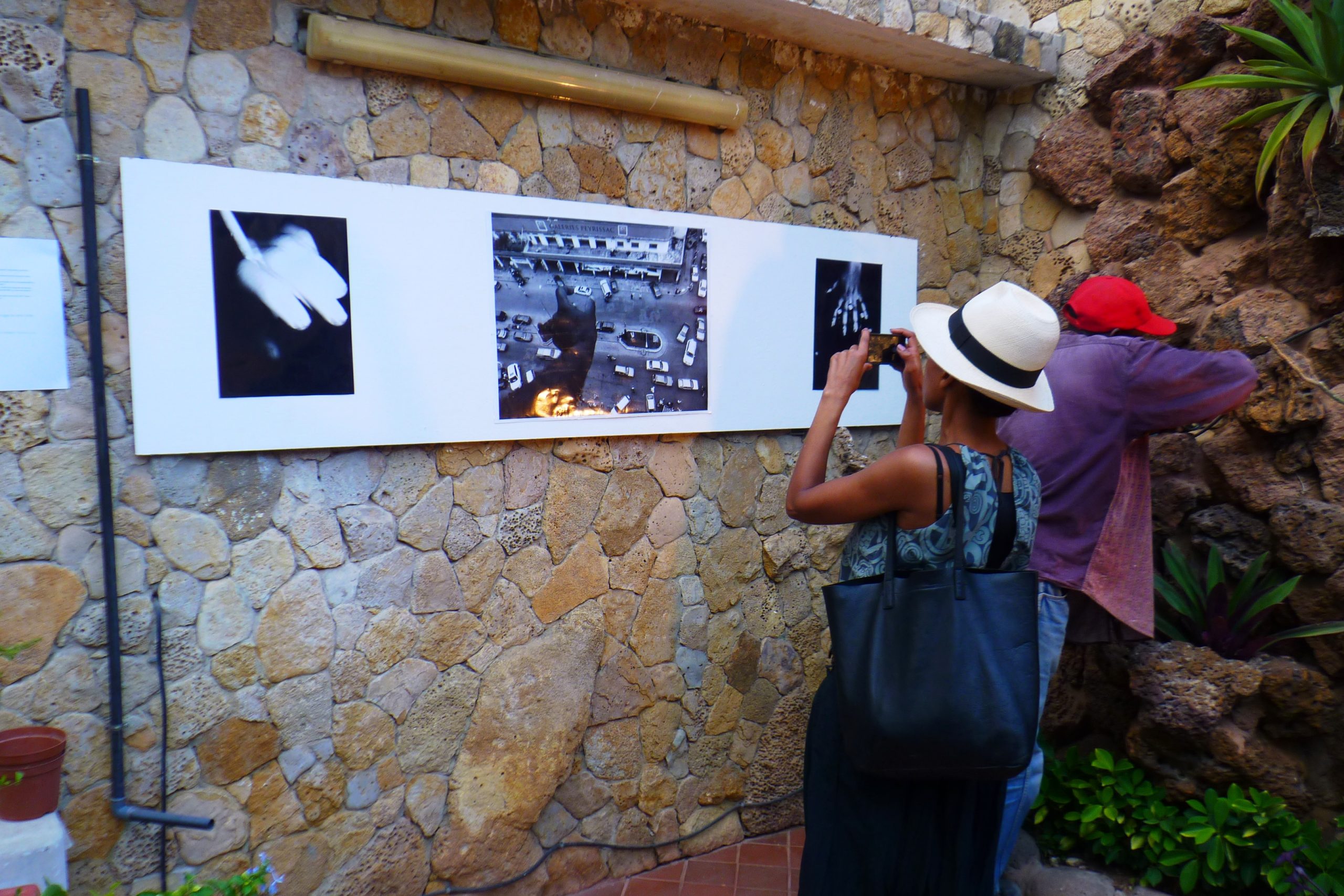Gloria D. Gonsalves
Poetry is the seed of language, sort of like what a child who is learning to communicate acquires and later develops prose. It is perhaps the reason why children enjoy so much the poetic play with words including more nonsensical constructions than adults do. A poem can make you laugh, cry, sad, happy, thoughtful, disturbed, entertained, educated, praised, scorned, as well as evoke myriad emotions.
Now, I must admit that poetry didn’t find its place into my life that easily. My first acquaintance with poetry was during the school years reading Shaaban bin Robert, the father of Swahili language. As a student, it was just another curriculum routine which I never took to heart. At home, I listened to chanted Swahili tenzi from the radio. Instead of making sense of them, they lulled me to a peaceful siesta under our prominent mango tree. I suspect the reason was that the tenzi sessions aired after lunch hours. All that changed two decades later. An opportunity came to write my own poem. However, I didn’t realise it so. I was venting while staring at a blank computer screen. That empty display became my escape space. The result was a ten-page rant about a discontentment in my private life. There was no structure to the poem except for verses in a narrative form. In fact I didn’t know it was a poem until months later, when it was published in an online magazine.
Since then poetry has given me an abundance of guilt-free pleasures. I can— be nonsensical or sensible; be listened to without being judged, confess without a priest, sin without committing, cry without tears, laugh while being desperate, vent without confrontation, detox without dieting and a countless other things. I can be a discreet lover, preacher, activist, retaliator, liberator, and even mythical or a celestial being. Poetry has made me more observant and aware of sounds that only divine windows could allow in. Imagine talking a walk through a fairy tale forest, then, an idea strikes you. First, you consider it a poem prompt; however, the mysterious, tall, green trees hung with moss won’t settle for a prompt. After two hours of walking, you are haunted by founding an initiative, World Children’s Poetry Day (WoChiPoDa). This year’s WoChiPoDa will take place on Saturday, 3rd October. Perhaps you might consider treading into poetry by organizing an event in your community?
But what inspires a person to write a poem? And why is it perceived difficult to write and understand? Poetry is not difficult. If it were, it wouldn’t be everywhere. If you possess one of the five senses, poetry is in it. If you can compose a text message, tweet or facebook, you can write poetry. If you can rap a song, you can rhyme poetry. If you can memorise a prayer, you can recite poetry. If you struggle to make sense of formatted text, poetry is your call. You might not be convinced and will still insist that poetry is difficult. May be it is and has nothing to do with your lack of imagination. Perhaps it is the rules that seem arcane to someone who has never written a poem in the first place or has but wishes for liberation from classic rules. May be it is the fees or exclusive joining rules that seem to hinder your participation. As if there are not enough guidelines in our lives.
The good news is you don’t have to cling to rules. Be curious with what you love. Go on and break some rules. Invent your own style. Merge the old and contemporary, existing and non-existing until the words perform an orchestra of unique ensemble on your page. Bring your orchestra of well-assembled words to the audience of life. The stage for intriguing is endless. Visit hospitals and share written word with the sick. Sing out your poetry. The supermarket can use some poetry besides those private announcements. Make someone’s day by writing an ode centred on them. Write your farewell notice as a poem. Show solidarity with displaced persons by helping them release their burdens on a stanza. Create a literary magazine that suits your style. After all, poetry is not ordinary but needs ordinary eyes to continue to be the interesting art form of expression it is. May the living and passed poets be with you on all seasons; for poetry is raw feelings as sunny summer, fiery turmoil as vibrant autumn, daunting revelation as stormy winter, intrepid hope as blooming spring. See you soon at what makes us all humans—poetry.
Gloria D. Gonsalves is a wife and full-time employee. In her spare time, she is devoted to writing poetry and tales for children and adults. Her literary works aim to support humanitarian projects and inspire creativity in others, especially children. Not just a writer, Gloria is a creative promoter for writing itself: She has founded World Children’s Poetry Day (WoChiPoDa), an initiative aimed at instilling the love of poetry in young people. Gloria is from Tanzania and now resides in Germany. You can find her online at www.auntieglo.com







